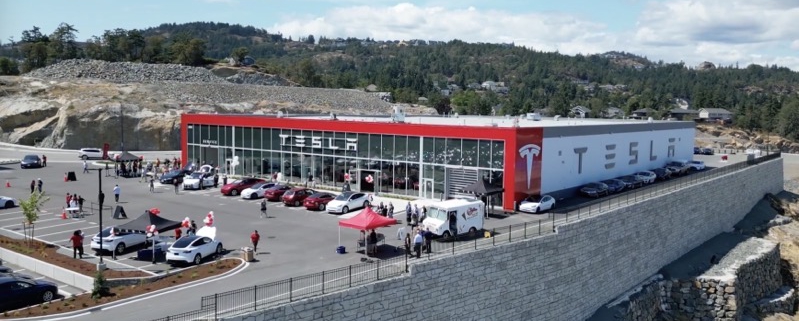Why are electric vehicle owners less satisfied?
A recent American study shows that electric vehicle buyers express more dissatisfaction with dealerships than traditional customers, with increasing rates of one-star reviews, according to a study.
Based on Google reviews
A recent study by Widewail, a specialist in customer review management solutions, reveals that electric vehicle owners leave a disproportionate number of one-star reviews compared to buyers of internal combustion engine cars. The examination of over 800,000 Google reviews of dealerships and sales points indicates that EV buyers are twice as likely to give a one-star review (14%) than all automotive customers (7%). This figure even reaches 25% for direct retailers such as Tesla or Rivian.
With and without dealerships
Matt Murray, CEO of Widewail, was surprised by this finding, noting that despite the reputation and popularity of brands like Tesla, Google reviews reflect a notable level of dissatisfaction among EV buyers, even those dealing with traditional dealerships.
However, there are mitigating factors for Tesla, Rivian, and their counterparts. EV owners generally leave fewer reviews, although they tend to be more negative. Less frequently shared experiences are often related to more pronounced disappointments, thus amplifying the number of critical reviews.
The nature of services for EVs, requiring less routine maintenance but potentially expensive repairs, can contribute to more frustrating experiences for owners. In addition, positive feedback often highlights satisfactory human interactions, while negative reviews emphasize poor communication from aftersales service, disappointing repairs, and extended delays.
These findings underscore the need for the automotive industry to rethink the sales experience of electric vehicles, focusing on transparent communication, satisfactory repairs, and reduced waiting times to meet the expectations of EV owners and improve their overall satisfaction.
From Carscoops



